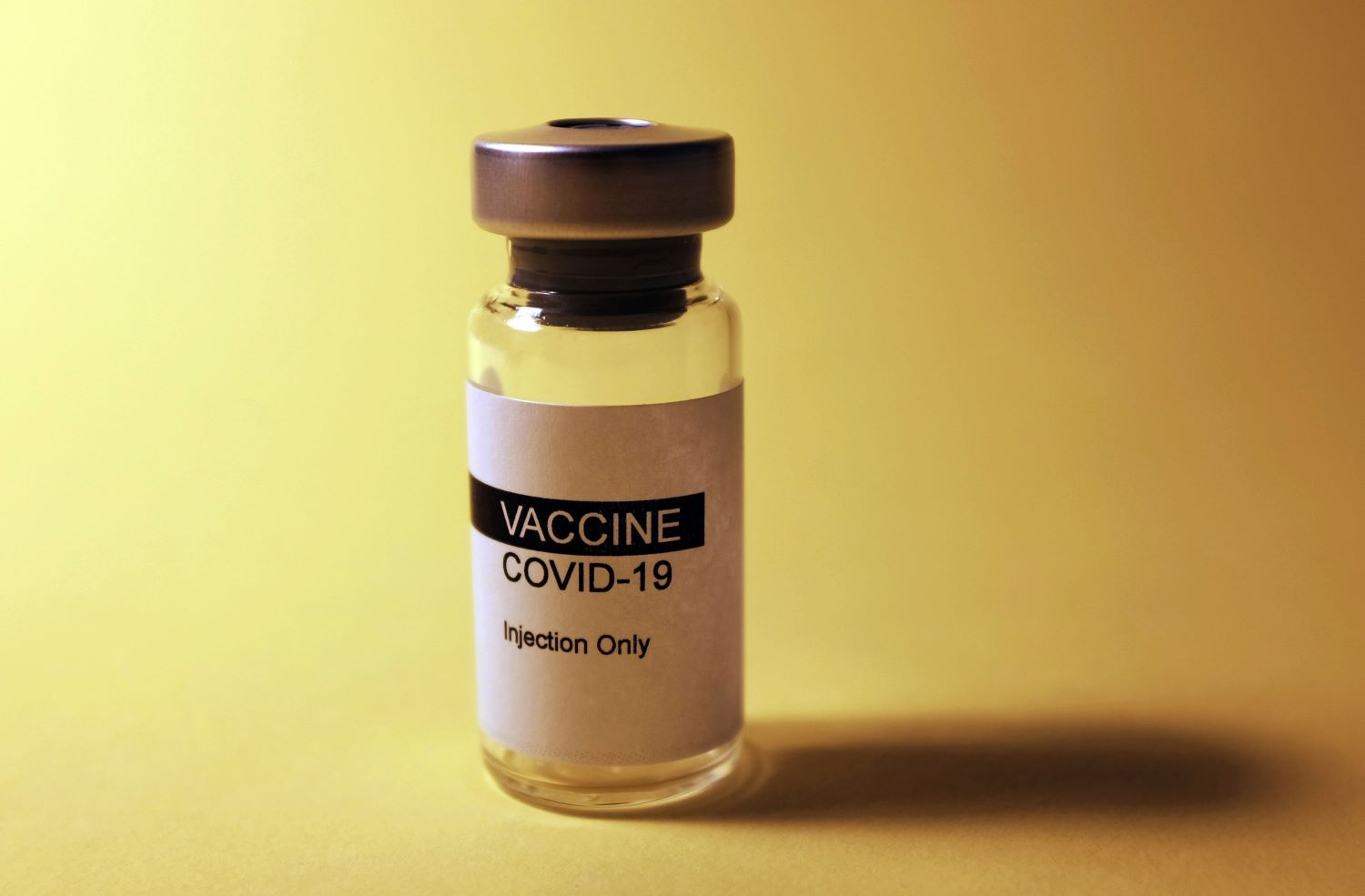The recent arrival of the highly contagious Omicron variant in New Zealand has prompted further developments in the Government’s COVID-19 response. Health advice that a third dose of the Pfizer and other COVID-19 vaccines is required to offer immunity against Omicron has led to a further extension of the existing vaccine mandate to include a booster shot requirement.
At present, the COVID-19 Public Health Response (Vaccinations) Order 2021 has required only that affected workers in the border, health, education, fire and emergency, and retail, hospitality, and service sectors are vaccinated against COVID-19.
For most New Zealanders, this has meant receiving two doses of the Pfizer/BioNTech vaccine, which was until recently the only vaccine available here. Certain other vaccines have been accepted for those few immunised overseas, based on Ministry of Health efficacy assessments.
With changes to the Order introduced on 23 January 2022, most workers covered by the mandate will need to also receive a booster shot to be able to continue working in affected roles.
A transitional grace period has been introduced together with the new requirement:
- Border and MIQ workers eligible for a booster on or before 15 February 2022 must receive it before that date;
- Health and disability sector workers eligible for a booster on or before 15 February 2022 must also receive it before that date; and
- Primary and secondary education, corrections, police, defence, and fire and emergency workers eligible for a booster on or before 1 March 2022 must receive a booster before that date.
There is some ambiguity as to the booster dose requirement for those workers in food and drink businesses, gyms, events, close-proximity businesses, and tertiary education providers in areas at Red (currently the whole of New Zealand).
The changes to the Order extend the booster dose requirement to employees in these businesses already covered by the vaccination mandate who are 18 years or older (under 18 year olds not being eligible for the booster at present).
Ministry of Health advice however is that the booster dose mandate does not yet extend to these workers. The fact no transitional provision has been made for this group suggests the government’s intention is in keeping with the Ministry of Health’s advice. We assume compliance with the Order will be enforced in keeping with this.
At present, a booster shot is only available to those who had their second dose of the vaccine more than four months ago. Workers in the education and corrections sectors and police in particular may have only just received their first or second doses, given the vaccination mandate was only recently extended to these groups.
We note that workers not yet eligible for a booster when the transitional periods above applying to them ends, have up to 183 days after their second dose to get their third. This six month period provides time to schedule a booster dose after becoming eligible.
Our understanding of the drafting of the legislation is that new employees starting in affected roles after 23 January 2022, must receive a booster dose before they carry out any parts of their role covered by the mandate. This represents a change from earlier requirements around workers coming into vaccination-mandated roles where receiving one dose before starting work, and a second dose within 35 days afterwards, was sufficient.
Employers’ obligations to support mandated workers to receive the vaccine during work hours, including by providing paid time off where that wouldn’t disrupt their business, now extend to booster doses.
There is an exception for a very small number of workers able to obtain a centrally-administered medical exemption from the Ministry of Health.
Exemptions might also be available on a case-by-case basis in the case of potential disruptions to essential supply chains or critical businesses at the ministerial level. Differing criteria and restrictions on exemptions apply for workers in different groups.
It will be an offence for a worker covered by the extended mandate who has not received at least one booster dose, to continue working after these dates. Both the employer and the individual employee could face fines or, for a serious deliberate breach of the Order, imprisonment.
Businesses also face an extension to their record-keeping obligations.
Businesses and other entities with workers required to have had a booster shot, must now record what vaccine they were boosted with and when. For those allowed to work ahead of receiving a booster shot under the transitional provisions, the business or entity must record the date the grace period ends for the affected worker.
Additional requirements will also now apply to businesses that provide home-based education and care services. As well as ensuring their workers have received a booster dose in-keeping with the above timeframes, they must now also ensure that every person in the home that they are providing services at who is over the age of 18 is vaccinated and has received a COVID-19 booster dose.
If you would like tailored advice on what your rights, obligations, or duties, as an individual or someone conducting a business or other undertaking, our Employment team can assist.



